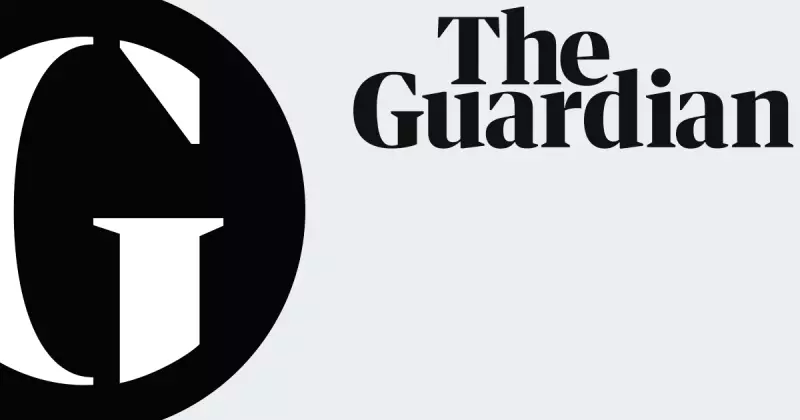
Five years after its formal departure, the question of Britain's relationship with Europe continues to dominate political discourse. The possibility of the UK rejoining the European Union, once considered a fringe debate, is now gaining serious traction in Westminster corridors and beyond.
The Shifting Political Landscape
Recent polling data suggests a notable shift in public opinion since the initial Brexit referendum. Economic pressures, trade complications, and geopolitical realignments have led many voters to reconsider the benefits of EU membership. This changing sentiment is beginning to influence political party strategies and manifestos.
The Monumental Challenges Ahead
Rejoining the EU would be far more complex than simply reversing the original decision. The process would involve intense negotiations across multiple areas:
- Economic Integration: Adopting the Euro and rejoining the single market
- Legal Framework: Accepting EU laws and regulations without opt-outs
- Political Concessions: Potentially losing previous rebates and special status
- Public Approval: The necessity of another divisive referendum
The European Perspective
EU officials have been clear that while the door remains theoretically open, any readmission would require full commitment to European integration. The UK would need to accept terms less favourable than those it enjoyed before Brexit, including adopting the Euro and ending budget rebates.
The Road Ahead
Most political analysts agree that any serious move toward rejoining is unlikely before the next general election. However, the conversation has undoubtedly shifted from "if" to "when and how" Britain might rebuild its relationship with Europe. The journey back to Brussels appears long and complex, but for the first time since 2016, it's being discussed as a genuine possibility rather than mere political speculation.






